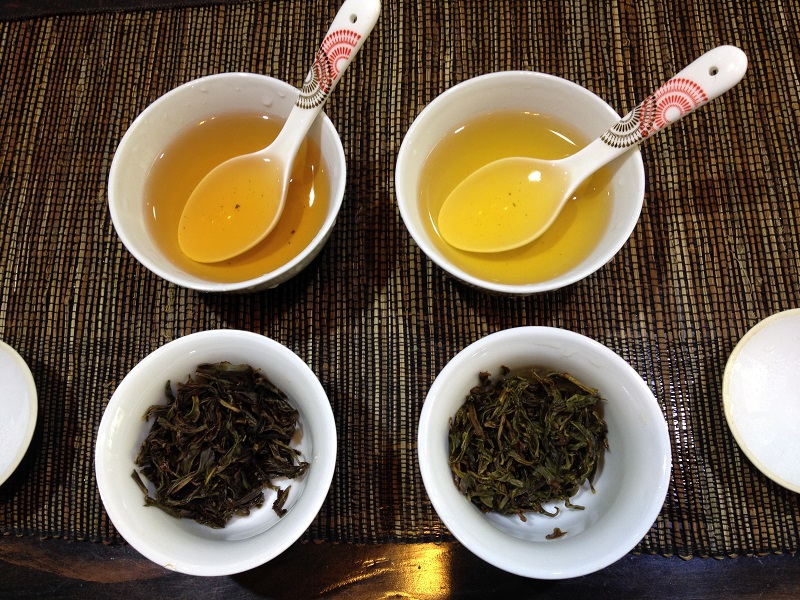Modern scientific research has confirmed that due to the difference in water quality of tea, the quality of tea soup is greatly affected, which is caused by various minerals in the water and their different qualities. The main factors that affect the quality of tea soup are:
Metal ion content
(1) Iron oxide: When the low-valance iron in the water reaches 0.1 mg per liter, the color of the tea soup becomes darker and the taste becomes lighter. The effect of high-valence iron oxide on tea soup is greater than that of low-valence iron oxide. When the high-valence iron oxide content is 0.1 milligram per liter, the quality of tea soup is significantly reduced. The higher the content, the worse the tea soup color.
(2) Aluminum: When the content of tea soup is 0.2 mg per liter, the bitterness of the tea soup is obvious.
(3) Calcium: When the content of tea soup is 0.2 mg per liter, the astringent taste of the tea soup is obvious, and when it is increased to 4 mg per liter, the taste becomes bitter.
(4) Magnesium: When the content of the tea soup is 2 mg per liter, the taste becomes lighter.
(5) Manganese: When the content of tea soup is 0.1 mg per liter, it has a bitter taste, and the higher the content, the more obvious the bitter taste.
(6) Chromium: When the content of the tea soup is 0.1 mg per liter, there is a bitter and astringent taste, and the higher the content, the more obvious the bitter taste.
(7) Nickel: The content of the tea soup is 0.1 mg per liter, which produces a sour taste.
(8) Silver: The content of the tea soup is 0.3 mg per liter, which has a metallic taste.
(9) Zinc: The content of the tea soup is 0.2 mg per liter, and there is an odor.

Metal ion content
(1) Iron oxide: When the low-valance iron in the water reaches 0.1 mg per liter, the color of the tea soup becomes darker and the taste becomes lighter. The effect of high-valence iron oxide on tea soup is greater than that of low-valence iron oxide. When the high-valence iron oxide content is 0.1 milligram per liter, the quality of tea soup is significantly reduced. The higher the content, the worse the tea soup color.
(2) Aluminum: When the content of tea soup is 0.2 mg per liter, the bitterness of the tea soup is obvious.
(3) Calcium: When the content of tea soup is 0.2 mg per liter, the astringent taste of the tea soup is obvious, and when it is increased to 4 mg per liter, the taste becomes bitter.
(4) Magnesium: When the content of the tea soup is 2 mg per liter, the taste becomes lighter.
(5) Manganese: When the content of tea soup is 0.1 mg per liter, it has a bitter taste, and the higher the content, the more obvious the bitter taste.
(6) Chromium: When the content of the tea soup is 0.1 mg per liter, there is a bitter and astringent taste, and the higher the content, the more obvious the bitter taste.
(7) Nickel: The content of the tea soup is 0.1 mg per liter, which produces a sour taste.
(8) Silver: The content of the tea soup is 0.3 mg per liter, which has a metallic taste.
(9) Zinc: The content of the tea soup is 0.2 mg per liter, and there is an odor.
